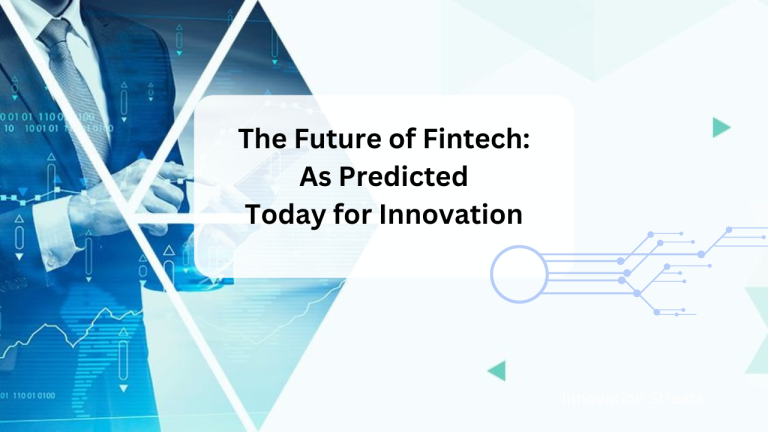Until now what has been seen as an ancillary add on feature, has suddenly started defining modern payment systems across the world. The latter half of the previous decade saw governments encouraging the adoption of fintech, however, the pandemic-induced lockdown suddenly propelled Digital Transformation globally, making it a survival necessity.
There is always a time lag between the introduction of disruptive technology and its impact on people. The intervening period has to be equipped with all the necessary resources to help audiences adapt to the new changes. Often in times of crisis, people cut back on investment in research and development thus missing out on future opportunities. Transformational change leaders however will segregate present and future budgets so that future resources are protected and used to react to disruptions in the marketplace.
In 2024, what is the future of fintech?
The Future of Fintech is likely to provide the following:
- Embedded APIs and AI-enabled financial assistants: AI-powered financial assistants are set to replace human financial advisors. AI and APIs are going to take Fintech-as-a-Service to new heights through the provision of more accurate and customized financial services.
- Decentralized Finance (DeFi): DeFi is the blockchain-based form of finance that is about to transform credit offtake systems. Reduction of financial middlemen will make quick and safe finance available to the mushrooming low credit score SMEs
- Convergent Cyber Security teams: Government-backed regulators are seeking access to fintech platforms for simulation-based precise forecasts of economic trends. Now massive data banks and integrated networks can function together meaning that Cyber security teams with domain expertise in fraud identification, among others, can collaborate.
- ESG: Emphasis on the Environmental Social and Governance (ESG) elements of projects is increasing by the day. Fintech platforms are best placed to provide metrics for ESG impact and with Sustainable Development taking centre stage globally, carbon footprint calculators and finclusion are some going to be urgent requirements.
- Customer Centricity: As platforms keep expanding their product and services basket, customer satisfaction, as a key qualitative assessment of the efficiency of a business, is going to be the topmost priority.
Fintechs are aligned with objectives that keep customer expectation at the front of mind and aim to build products and services that are most cost-efficient and frictionless to work with. Fintechs are embracing new challenges to unleash the future opportunities with DeFi, ESG and other tech tools that enable inclusive and multi sectoral development. Being tech and data driven, fintechs are well positioned to proactively work on new technologies, evolving consumer expectation, and respond to changing paradigms effectively.
—————————————————————————–
Welcome to Innovation Streets, your one-stop destination for all insights and analysis related to banking innovation, fintech, insuretech, and digital transformation. Follow us on LinkedIn and X to stay connected and informed about global insights and analyses in the financial services, IT, and Saad industries. Stay tuned for the latest trends and developments shaping these sectors.



